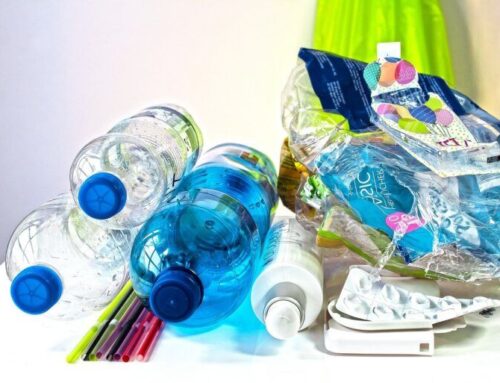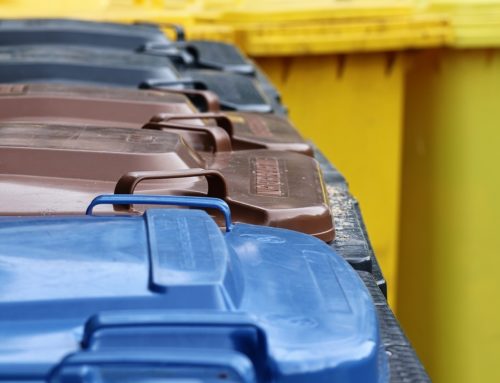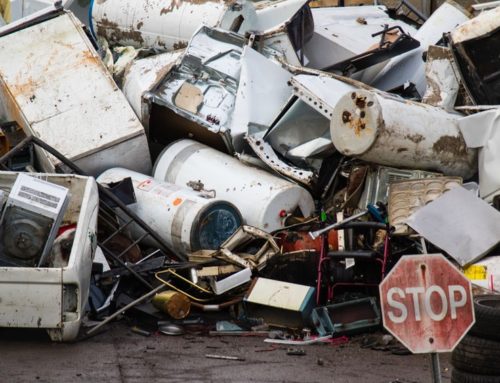With the steady decline in CD and DVD use, brought on by services like Netflix, Hulu and Steam, the US is looking at an ever-growing influx of obsolete and soon to be obsoletes discs. Most people think that since they are made from plastic, discs can be mixed in with the rest of the recyclables. Unfortunately, it’s not that simple.

You might be asking yourself “well, what can I do with my stack of old CD’s?” Your best option is to send them in to the CD Recycling Center of America. Not only can you send them CD’s, but cell phones, MP3 players, jewel cases, floppy discs, and computer cables as well. They do not charge for these services, although they do ask that all discs are mailed already disassembled as a courtesy (i.e. discs out of the cases, paper inserts removed from cases, etc.). Due to sponsorships from several CD/DVD manufacturers, they are able to keep their services free of charge, although they do ask for donations from the public to help (as little as 2 – 5 cents per disc makes a difference).
Recycling compact discs responsibly is just one more step towards limiting harmful waste and achieving sustainability. For more information on the CD recycling process, check out the video below:





Leave A Comment